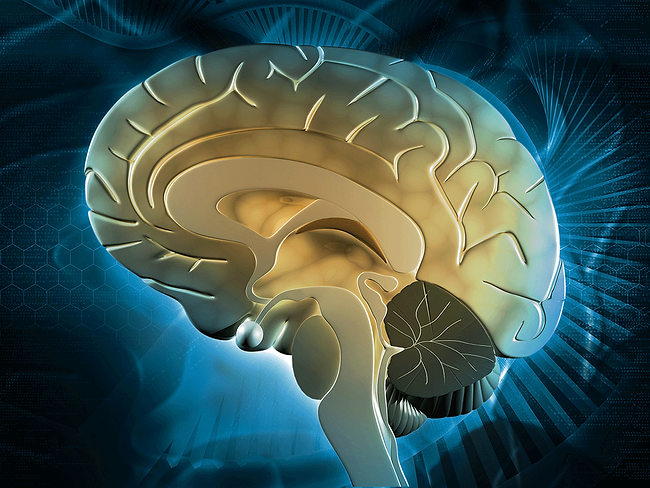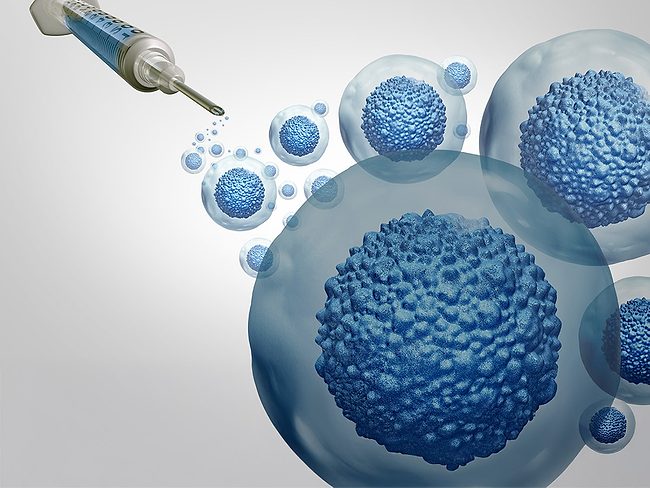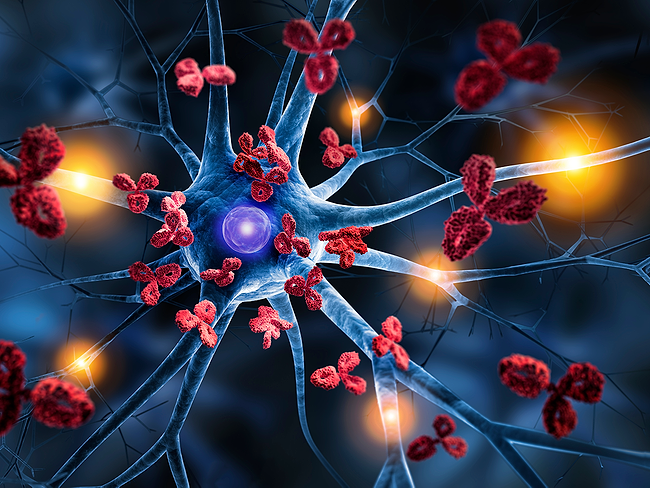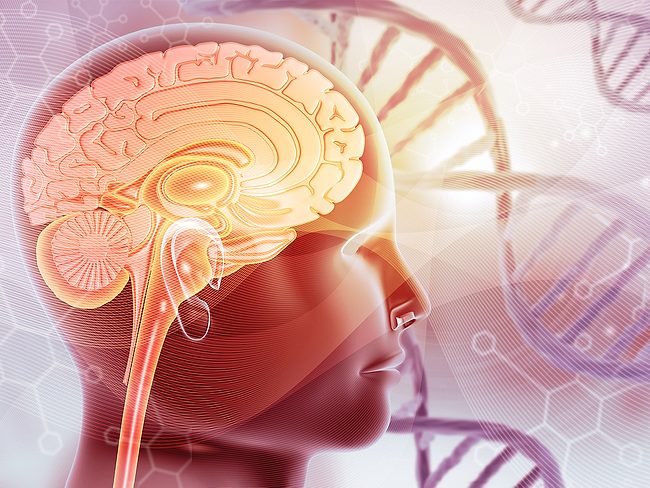
Neurology/psychiatric
Neurology/psychiatric
EPHB3 inhibitor VTT-001 reduces neuroinflammation across multiple animal models
Read MoreNeurology/psychiatric
Biohaven’s BHV-8000 rescues locomotor deficits in Parkinson’s disease
Read MoreNeurology/psychiatric
Interneuron-targeted gene therapy reverses epilepsy in Dravet models
Read MoreNeurology/psychiatric






